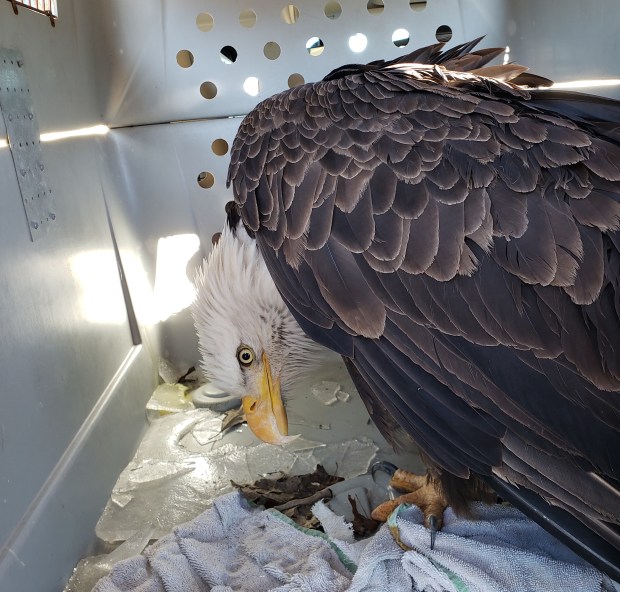The Washington Post has started laying off roughly 4 percent of its work force, the company said on Tuesday, as the newspaper struggles to stem millions of dollars in annual losses.
The cuts will affect fewer than 100 people across The Post’s business divisions, which include its advertising sales, marketing and information technology teams. They will not affect The Post’s newsroom, which two years ago reduced its work force as part of a voluntary buyout program that eliminated 240 jobs.
The cuts are part of a plan to adjust to changing business conditions, the company said in a statement.
“The Washington Post is continuing its transformation to meet the needs of the industry, build a more sustainable future and reach audiences where they are,” the statement said. “Changes across our business functions are all in service of our greater goal to best position The Post for the future.”
The Washington Post has struggled to turn a profit in recent years, as its digital subscription business has failed to offset declining print revenue and the cost of its newsroom. Will Lewis, the publisher of The Post, said in a meeting last year that in 2023, The Post lost $77 million and had suffered a falloff in its digital audience since 2020.
The Post has been in turmoil for much of Mr. Lewis’s tenure, which began a year ago. Sally Buzbee stepped down as the paper’s executive editor in June. Rob Winnett, the editor Mr. Lewis had initially selected to replace Ms. Buzbee, withdrew himself from that position. The newspaper also experienced a backlash among its subscribers over a decision to end its decades-long practice of endorsing presidential candidates. Ann Telnaes, the newspaper’s Pulitzer Prize-winning cartoonist, stepped down last week after the opinions section rejected a cartoon depicting Jeff Bezos, the Amazon founder and owner of The Post, genuflecting toward a statue of President-elect Donald J. Trump.
Several reporters have recently left the paper, including Ashley Parker and Michael Scherer, two well-known political reporters, who joined The Atlantic, and Josh Dawsey, an investigative politics reporter, who departed for The Wall Street Journal.


